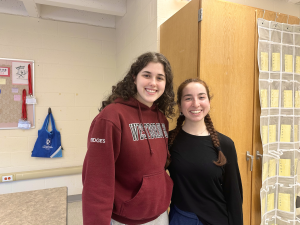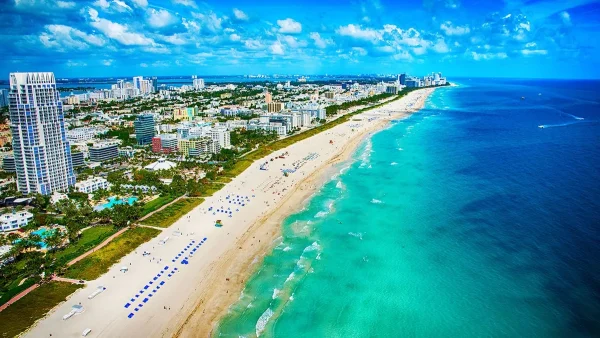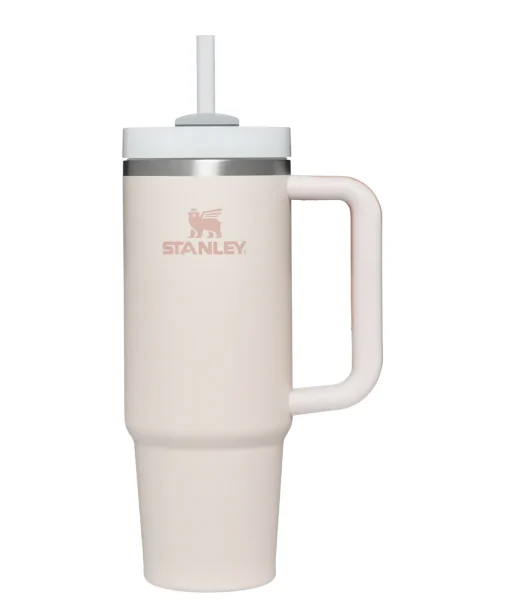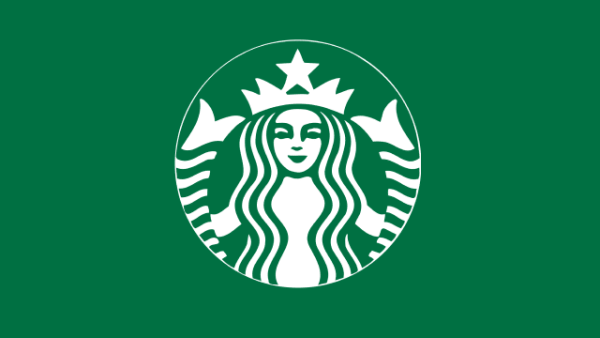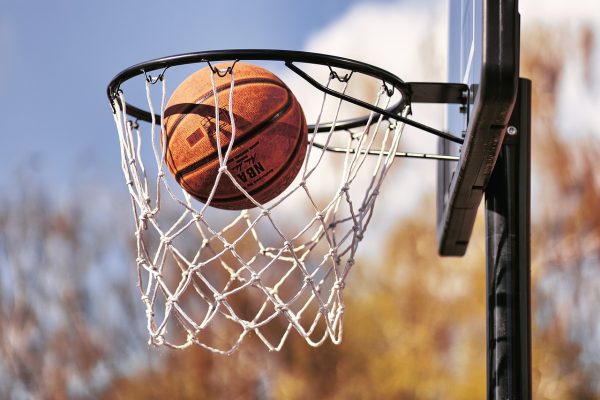It’s Not Just the Turtles that Need Help
September 12, 2019
In August of 2015, Marine Biologist Christine Figgener posted a video of her team removing a plastic straw from a sea turtle’s nose that sparked a worldwide movement. People were so heartbroken at the sight of this poor creature suffering because of something that we as a species caused, resulting in people across the globe to do everything they can to help these cute turtles that we all know and love.
From metal and paper straws to Starbucks sippy cups, to bracelets made of ocean plastic, and even to multiple charities and companies dedicated to supporting and saving the turtles, great lengths have been taken to protect these beloved animals. The war on plastic straws has been a great help, but unfortunately, the turtles aren’t the only animals that need saving.
The Ocean Conservancy says that “Every year, 8 million metric tons of plastics enter our ocean on top of the estimated 150 million metric tons that currently circulate our marine environment.” Later on, in the same article, they say “that’s like dumping one New York City garbage truck full of plastic into the ocean every minute of every day for an entire year.” The Earth Day Network says that by weight, there will be more plastic in the ocean than there are fish in 2050. It’s very clear that marine life is in danger due to human causes, but that’s just the tip of the iceberg.
In the extremely recent burning of the Amazon Rainforest in Brazil, National Geographic states that “By last week, about 7,000 square miles of the forest were in flames, an area just smaller than the size of New Jersey.” But that’s only from these most recent fires. Over the last 50 years, around 20% of the rainforest has disappeared. That’s homes for millions of animals, bugs, and even people too. Approximately 10 million species of plants, animals, and insects call the Amazon home, and unfortunately, it’s burning away.
Similarly, Live Science says that according to the Nations’ Food and Agriculture Organization, “An estimated 18 million acres (7.3 million hectares) of forest, which is roughly the size of the country of Panama, are lost each year.” This means habitats for all sorts of species are being lost there too, some of them never to return.
In addition to the ocean and the rainforests, thousands of species in the Arctic and Antarctic are losing their homes to global warming and climate change. When the Glacier National Park was created in 1910, there were about 150 glaciers. Now, however, that number has decreased to fewer than 30. The homes of these animals are quite literally melting away, meaning that animals such as polar bears, walruses, some types of seals, and seabirds will not be able to thrive in their environment as they once did.
While animals are suffering in each of these areas, there are some things you can do to help. To save the oceans, you can try to reduce your use of plastic products, in addition to not littering near the beach and supporting ocean-friendly organizations. To help save the Amazon and prevent deforestation, you can donate to various rainforest saving charities, such as One Tree Planted, which plants a tree for every $1 you donate to help deforestation in both the Amazon and the world, or the Rainforest Trust, which has already saved over 23 million acres in the last 24 years! You can also reduce your paper and wood consumption, to cut down logging and general deforestation, and your meat consumption to limit greenhouse gases.
Additionally, you can switch out your Google search engine for Ecosia, which is the same thing except for every search you make, a tree is planted where it is most needed in the world. To reduce global warming and save animals such as polar bears, you can try and limit your energy consumption and gas emissions.
Although all doing all these things, either by themselves or together, will greatly help all the animals in need, the most important thing you can do is educate and spread the word. Educate yourself, your friends, and your family on these issues; the more people that know about this the better. If all of these problems stay hidden, nothing is going to get done. So try and spread the word as much as you can, because even if the problem seems too big for one person, you can, in fact, make an impact.
Sources Consulted/Used:
https://time.com/5339037/turtle-video-plastic-straw-ban/
https://floridaseaturtlecompany.com/pages/our-mission
https://oceanconservancy.org/trash-free-seas/plastics-in-the-ocean/
https://www.earthday.org/2018/04/05/fact-sheet-plastics-in-the-ocean/
https://www.aljazeera.com/news/2019/08/amazon-burning-190823082046821.html
https://www.nationalgeographic.com/environment/2019/08/amazon-fires-cause-deforestation-graphic-map/
https://www.greenfacts.org/en/arctic-climate-change/l-3/5-arctic-animals.htm#1p6
https://www.nationalgeographic.com/environment/global-warming/big-thaw/
https://www.livescience.com/27692-deforestation.html
https://www.buzzfeed.com/sydrobinson1/heres-how-you-can-help-amazon-rainforest-fires
https://www.buzzfeed.com/sydrobinson1/heres-how-you-can-help-amazon-rainforest-fires



